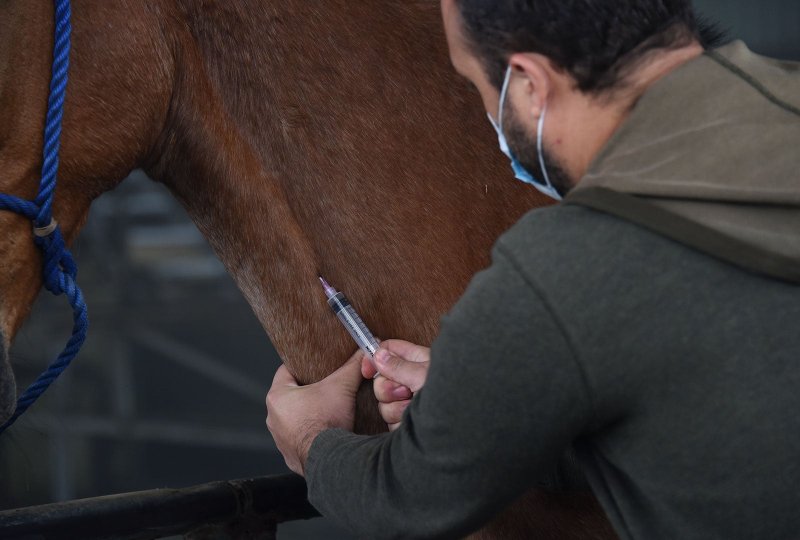Borrowing from decades of experience in producing snake antivenoms, scientists, veterinarians and technicians at a scientific and technical institute in Costa Rica have labored nonstop in recent months to produce a therapeutic formulation of equine antibodies against SARS-CoV-2, the coronavirus that causes COVID-19. Similar efforts are underway in Brazil and Argentina to tide these countries over until the arrival of an effective vaccine.
…
The effort’s objective was to harness the technology and experience the Clodomiro Picado Institute has acquired in its work using horse antibodies to fabricate antivenoms for snake bites during the past five decades. Every year, the antivenoms with purified equine antibodies produced at the institute save more than 500 people in Costa Rica and thousands more in other countries around the world.
The Costa Rican project has an air of familiarity. “The idea behind the antibody therapy for patients with COVID-19 is similar to that of treating patients suffering from snakebite poisoning,” says Alberto Alape Girón, a microbiologist and lead researcher of the COVID-19 project at the Clodomiro Picado Institute. “We want to generate specific antibodies against viral structures in horses, purify the antibodies and give them to patients who are starting to fight the infection but whose immune system still does not produce enough antibodies to clear the viral particles,” he adds.































